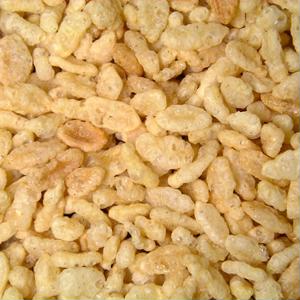On August 13, a federal judge from California dismissed a longstanding class action lawsuit against General Mills that claimed the food manufacturer misrepresented its sugary products as “healthy,” FoodNavigator-USA reported. The nearly three-year-long legal battle started back in 2016, when a team of attorneys alleged that General Mills knowingly misled consumers about the nutritional content of its cereals and snack bars. In particular, the plaintiffs pointed to the high sugar content of Honey Nut Cheerios, as this product has been widely advertised as a healthy alternative to other popular cereal brands.
Currently, there are no federal regulations that prevent food manufacturers from describing their products as “nutritional” or “healthy” based on sugar content, as pointed out by a recent article from Reuters. While the U.S. Food and Drug Administration does have such restrictions on foods with high fat or sodium, no clear definition of “high sugar” has been released. This likely influenced, at least in part, the judge’s decision to dismiss the class action suit.
Court Finds General Mills Did Not Mislead Consumers
Food manufacturers are constantly on the lookout for new and more effective marketing strategies. Over the past decade, many companies have sought to capitalize on health trends by branding their products as “all natural” or “nutritional.” This marketing approach has led to a number of high-profile lawsuits over false advertising, though most are tossed out on the grounds of inadequate evidence.
In the case of Truxel et al. v. General Mills, the court ruled that the defendant had taken appropriate steps to provide consumers with the information they need to make well-informed purchases. While many of General Mills cereal products are advertised as “healthy” and “wholesome” despite the high sugar content, the company has been careful to include detailed information on all its ingredients.
“Plaintiffs cannot plausibly claim to be misled about the sugar content of their cereal purchases because defendant provided them with all the truthful and required objective facts about its products, on both the side panel of ingredients and the front of the products’ labeling,” said U.S. District Judge Jeffrey White, in a public comment posted by FoodNavigator-USA.
As the battle over food labeling transparency continues, it’s likely other legal actions for misleading advertising practices will be filed. Although it’s too early to tell whether these lawsuits will have much of an effect on the FDA’s labeling guidelines, it’s clear that food manufacturers are facing heightened scrutiny from consumer advocacy groups and medical professionals. Make sure you’re keeping pace with changing regulations by viewing our selection of label printers at Optimedia Labs’ U.S. page or visiting our Canadian site.
